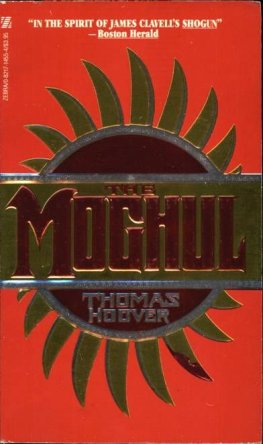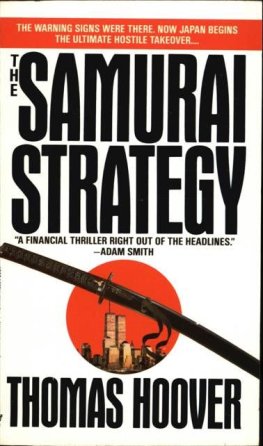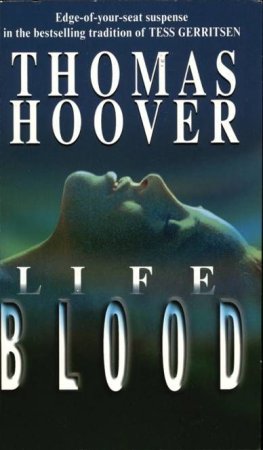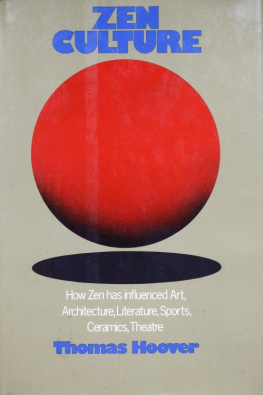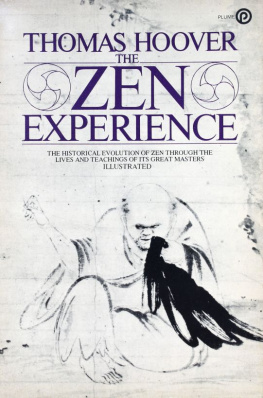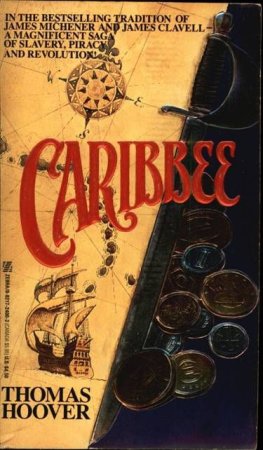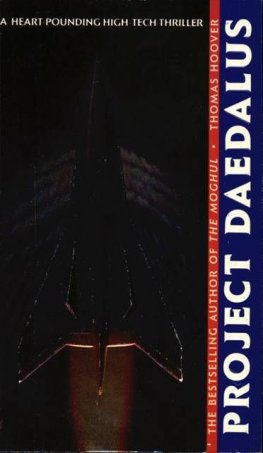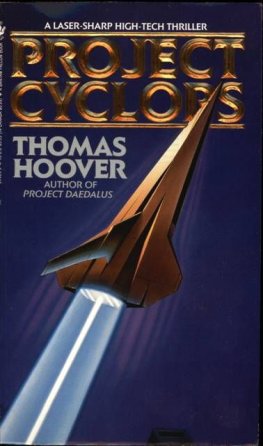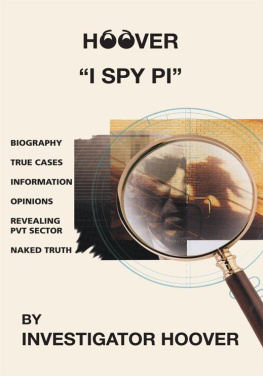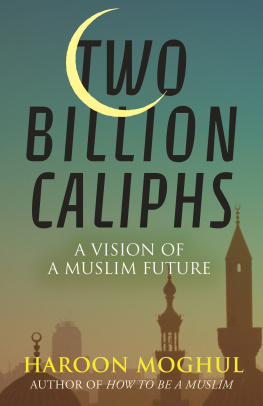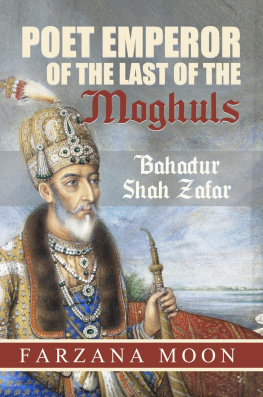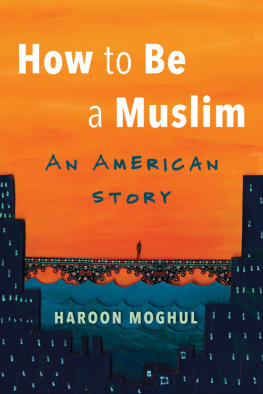Thomas Hoover - The Moghul
Here you can read online Thomas Hoover - The Moghul full text of the book (entire story) in english for free. Download pdf and epub, get meaning, cover and reviews about this ebook. genre: Adventure. Description of the work, (preface) as well as reviews are available. Best literature library LitArk.com created for fans of good reading and offers a wide selection of genres:
Romance novel
Science fiction
Adventure
Detective
Science
History
Home and family
Prose
Art
Politics
Computer
Non-fiction
Religion
Business
Children
Humor
Choose a favorite category and find really read worthwhile books. Enjoy immersion in the world of imagination, feel the emotions of the characters or learn something new for yourself, make an fascinating discovery.
- Book:The Moghul
- Author:
- Genre:
- Rating:4 / 5
- Favourites:Add to favourites
- Your mark:
- 80
- 1
- 2
- 3
- 4
- 5
The Moghul: summary, description and annotation
We offer to read an annotation, description, summary or preface (depends on what the author of the book "The Moghul" wrote himself). If you haven't found the necessary information about the book — write in the comments, we will try to find it.
The Moghul — read online for free the complete book (whole text) full work
Below is the text of the book, divided by pages. System saving the place of the last page read, allows you to conveniently read the book "The Moghul" online for free, without having to search again every time where you left off. Put a bookmark, and you can go to the page where you finished reading at any time.
Font size:
Interval:
Bookmark:
Thomas Hoover
The Moghul
AUTHOR'S NOTE
This tale is offered to the memory of one William Hawkins (1575-1613), a brandy-drinking, Turkish-speaking seaman and adventurer who was the first Englishman to reach the court of Jahangir, the Great Moghul of India. There he delivered gifts from the new East India Company and a letter from King James proposing direct trade, then a zealously protected monopoly of Portugal. As he gradually adopted Indian ways, Hawkins became a court favorite of the Moghul, who made him a knightly khan and eventually tried to keep him in India. After several Portuguese-instigated attempts to murder him, Hawkins attached himself for safety to a certain willful Indian woman. The end of their story eventually became a minor legend throughout the early East India Company.
As astonishing as some of the elements in the historical landscape described here may seem today, they are all by and large fictional re-creations of actual events, practices, people-drawn from diaries of seventeenth-century European travelers and from Indian historical materials. Aside from the names, only the clocks in this remote world have been knowingly altered. Years in historical time have become months in these pages, months have become days. Several vicious naval engagements between English frigates and Portuguese galleons, several major land battles between Indian armies, have each been compressed into one.
But the major occurrences in this faraway saga all happened. While Shakespeare wrote of commoners and kings, while colonists hewed log cabins from the wilds of the New World, a land ruled by violent intrigue, powerful drugs, and sensual beauty lay hidden in that legendary place known as Moghul India.
BOOK ONE
LANDFALL
CHAPTER ONE
He watched from the quarterdeck as the chain fed through the whitecaps of the bay, its staccato clatter muffled, hollow in the midday heat. Then he sensed the anchor grab and felt an uneasy tremor pass along the hull as the links snapped taut against the tide. The cannon were already run in and cooling, but vagrant threads of smoke still traced skyward through the scuttles and open hatch, curling ringlets over two draped bodies by the mainmast. Along the main deck scurvy-blotched seamen, haggard and shirtless to the sun, eased the wounded toward the shade of the fo'c'sle.
He drew the last swallow of brandy from his hooped wooden tankard and instinctively shifted his gaze aloft, squinting against the midday sun to watch as two bosun's mates edged along the yards to furl the mainsail. Then he turned to inspect the triangular lateen sail behind him, parted into shreds by the first Portuguese cannon salvo, its canvas now strewn among the mizzenmast shrouds.
A round of cheers told him the last two casks of salt pork had finally emerged from the smoky hold, and he moved to the railing to watch as they were rolled toward the cauldron boiling on deck. As he surveyed the faces of the gathering men, he asked himself how many could still chew the briny meat he had hoarded so carefully for this final morning of the voyage.
The crowd parted as he moved down the companionway steps and onto the deck. He was tall, with lines of fatigue etched down his angular face and smoke residue laced through his unkempt hair and short beard. His doublet was plain canvas, and his breeches and boots scarcely differed from those of a common seaman. His only adornment was a small gold ring in his left ear. Today he also wore a bloodstained binding around his thigh, where a musket shot from a Portuguese maintop had furrowed the skin.
He was Brian Hawksworth, captain of the five-hundred-ton English frigate Discovery and Captain-General of the Third Voyage of England's new East India Company. His commission, assigned in London over seven months past, was to take two armed trading frigates around the Cape of Good Hope, up the eastern coast of Africa, and then through the Arabian Sea to the northwest coast of India. The Company had twice before sailed eastward from the Cape, to the equatorial islands of the Indies. No English vessel in history had ever sailed north for India.
The destination of this, the first English voyage to challenge Lisbon's control of the India trade, was the port of Surat, twelve leagues inland up the Tapti River, largest of the only two harbors on the Indian subcontinent not controlled by Portugal.
He reached for the second tankard of brandy that had been brought and squinted again toward the mouth of the Tapti, where four armed Portuguese galleons had been anchored earlier that morning.
Damn the Company. No one planned on galleons at the river mouth. Not now, not this early in the season. Did the Portugals somehow learn our destination? And if they knew that, do they know the rest of the Company's plan?
Since the Tapti had been badly silted for decades, navigable only by cargo barge or small craft, he and the merchants must travel upriver to Surat by pinnace, the twenty-foot sailboat lashed amidships on the Discovery's main deck. There the merchants would try to negotiate England's first direct trade with India. And Brian Hawksworth would undertake a separate mission, one the East India Company hoped might someday change the course of trade throughout the Indies.
He remounted the steps to the quarterdeck and paused to study the green shoreline circling their inlet. The low-lying hills undulated in the sun's heat, washing the Discovery in the dense perfume of land. Already India beckoned, the lure even stronger than all the legends told. He smiled to himself and drank again, this time a toast to the first English captain ever to hoist colors off the coast of India.
Then with a weary hand he reached for the telescope, an expensive new Dutch invention, and trained it on his second frigate, the Resolve, anchored a musket shot away. Like the Discovery, she rode easily at anchor, bearing to lee. He noted with relief that her ship's carpenter had finally sealed a patch of oakum and sail in the gash along her portside bow. For a few hours now, the men on the pumps could retire from the sweltering hold.
Finally, he directed the glass toward the remains of two Portuguese galleons aground in the sandy shallows off his starboard quarter, black smoke still streaming from gaps in their planking where explosions had ripped through the hull. And for an instant his stomach tightened, just as it had earlier that morning, when one of those same galleons had laid deep shadows across the Discovery's decks, so close he could almost read the eyes of the infantry poised with grapples to swing down and board. The Portugals will be back, he told himself, and soon. With fireships.
He scanned the river mouth once more. It was deserted now. Even the fishing craft had fled. But upriver would be another matter. Portuguese longboats, launched with boarding parties of infantry, had been stranded when the two galleons were lost. Together they had carried easily a hundred, perhaps two hundred musketmen.
They made for the Tapti, he thought grimly, and they'll be upriver waiting. We have to launch before they can set a blockade. Tonight. On the tide.
He revolved to find Giles Mackintosh, quartermaster of the Discovery, waiting mutely by his side.
"Mackintosh, start outfitting the pinnace. We launch at sunset, before the last dog watch."
The quartermaster pulled at his matted red curls in silence as he studied the tree-lined river mouth. Then he turned abruptly to Hawksworth. "Takin' the pinnace upriver'll be a death sentence, Cap'n, I warrant you. Portugals'll be layin' for us, thicker'n whores at a Tyburn hangin'." He paused deliberately and knotted the string holding back hair from his smoke-darkened cheeks. "I say we weigh at the tide and ease the frigates straight up their hell-bound river. She's wide as the Thames at Woolwich. We'll run out the guns and hand the pox-rotted Papists another taste o' English courtesy."
Font size:
Interval:
Bookmark:
Similar books «The Moghul»
Look at similar books to The Moghul. We have selected literature similar in name and meaning in the hope of providing readers with more options to find new, interesting, not yet read works.
Discussion, reviews of the book The Moghul and just readers' own opinions. Leave your comments, write what you think about the work, its meaning or the main characters. Specify what exactly you liked and what you didn't like, and why you think so.

